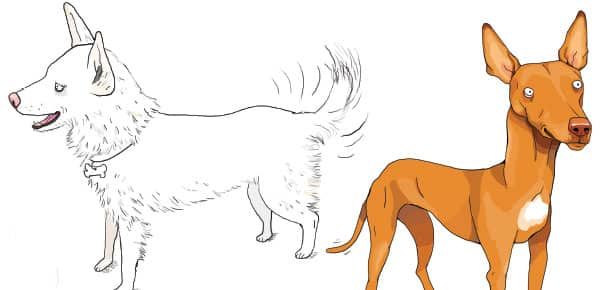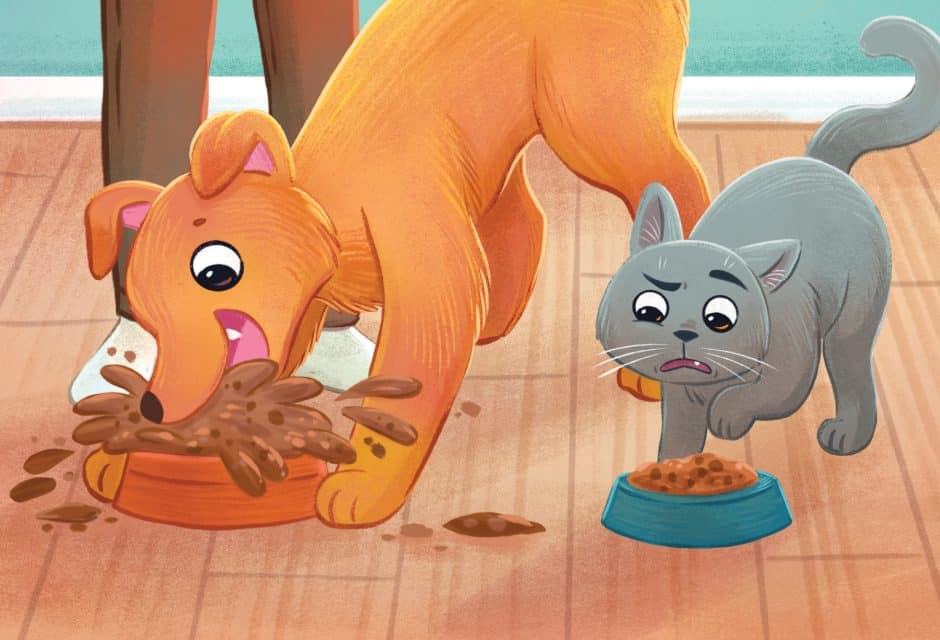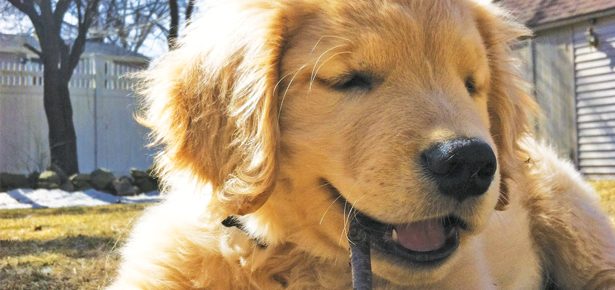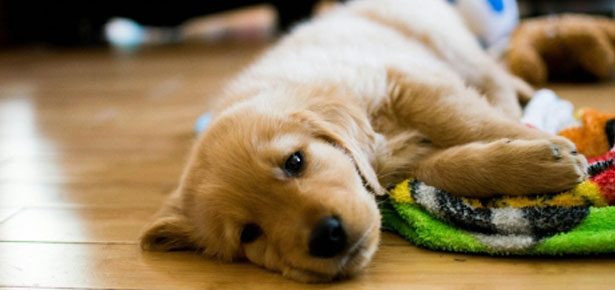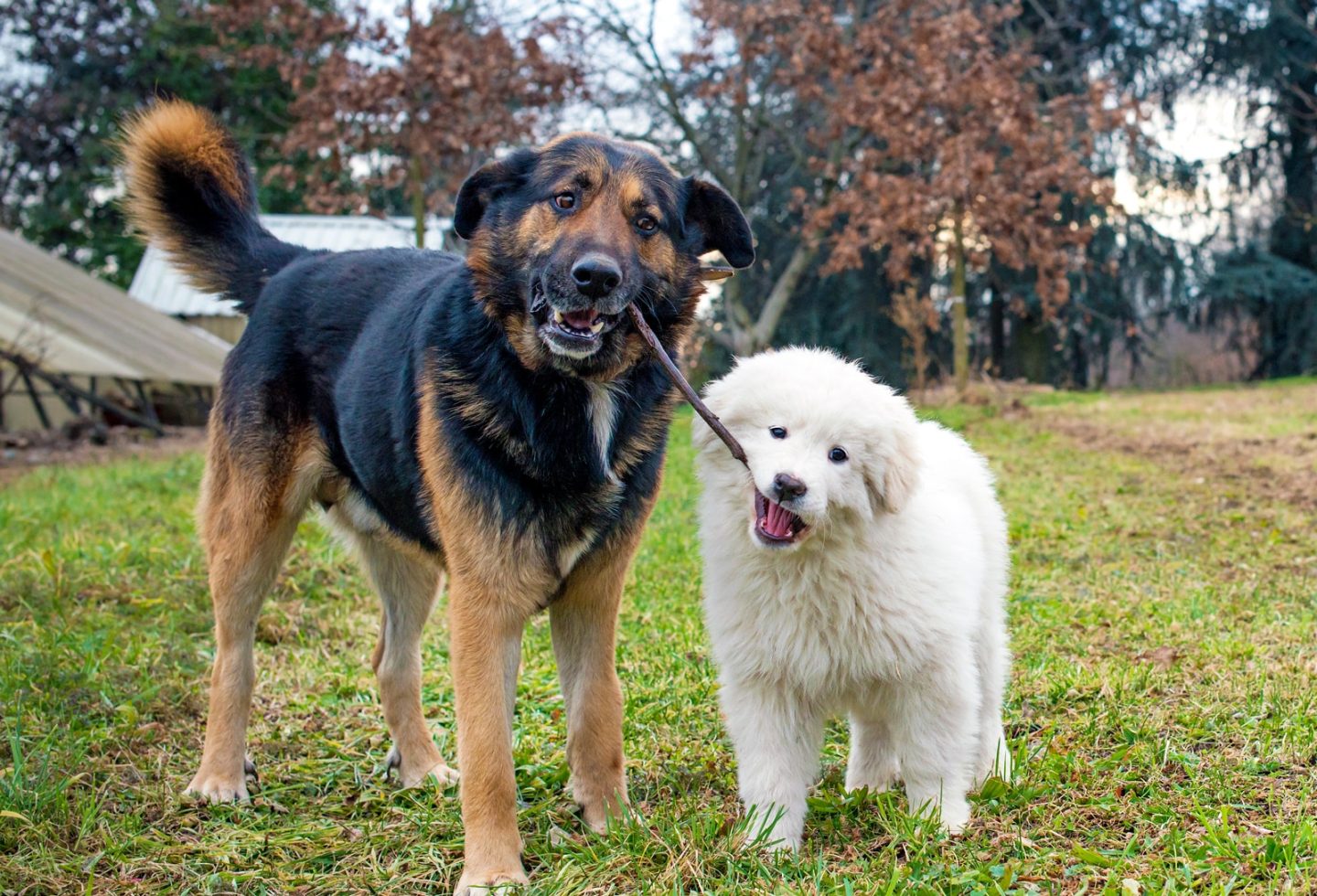
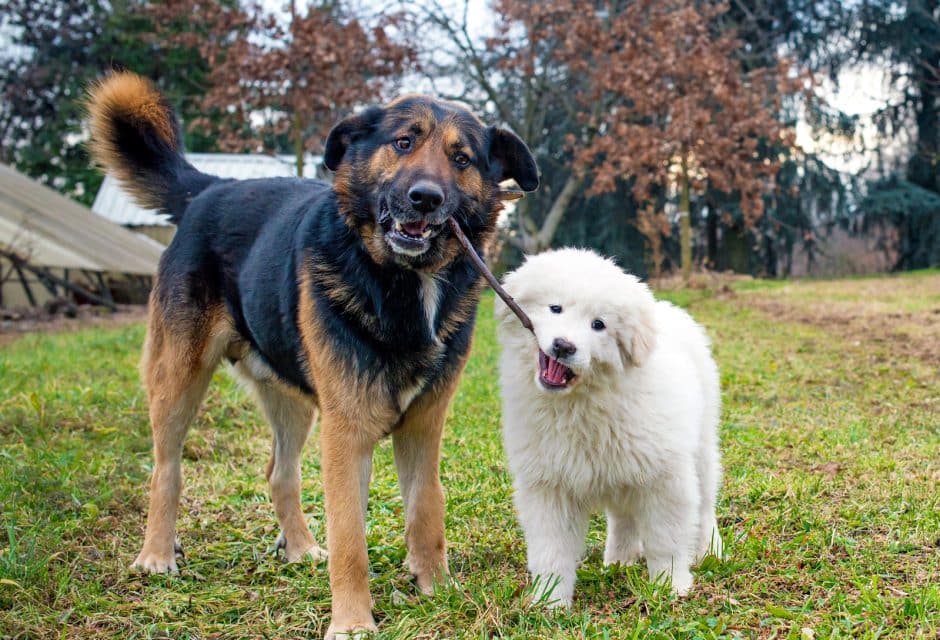
Does My Dog Need a Friend?
How to determine if you should get a second dog
A reader writes in: does her depressed dog need a friend? Dog trainer and behaviourist Nicole Wilde weighs in on how to determine if you should get a second dog.
Q: Is it possible my dog is depressed after a play-date? My dog spent the weekend with my friend and her dog while I was out of town. The two dogs play really hard but well together. Since she’s come home she seems down. Do you think she misses her friend? Should I consider getting a second dog? Do some dogs just do better when they live with a canine friend? If so, what’s generally better, getting a dog of the same or opposite gender?
A: It’s wonderful that your dog has a friend to play with, and the fact that they play roughly together tells me that they understand each other’s body language and respect each other’s boundaries. What great fun and good exercise! As far as whether your dog misses her friend afterwards, that’s impossible to say. It could be that after a few days of high arousal and stimulation, being in a quiet place alone is taking some re-acclimation. Or it could be that she’s simply worn out and resting. Or, for all we know, she is depressed and misses her friend.
Looks for These Indicators
In any case, whether you should entertain the notion of getting her a permanent live-in playmate depends on a few factors. First, many dogs have a canine friend or two who they get along famously with, but do not like or want the company of other dogs. Does this describe your dog? Does she show any signs of discomfort or aggression when passing other dogs in public, or does she seem happy to see them? Does she play with or at least tolerate being in the vicinity of unfamiliar dogs off leash? Assuming she does get along well with most other dogs, the next step would be to consider how well she might get along with them in your home. Some dogs are absolutely fine with other dogs in neutral locations, but once the play moves to their home turf, watch out! Territoriality on the part of an existing dog has put the kibosh on many a dog adoption.
Which Gender is Best for a Second Dog?
Regarding which gender to adopt, I suggest you look for a compatible male. It’s not that female dogs can’t get along; many do. But if there are going to be aggression issues, female-female is the most dangerous combination. Think of it this way: when you see men brawling in a bar, it’s loud and obnoxious, and there might be some physical damage, but it’s not normally deadly, just a lot of posturing. Females, on the other hand, are a lot quieter when they fight—but a lot more intense. (Ever work in an office? ‘Nuff said.) All things being equal, I’d get your girl a nice boy toy. For people with a male dog, getting a female is the better bet. All else being equal, opposite gender is always less risky.
Since you might not be sure how your dog will do with another dog in your home, why not foster a dog for a rescue group? That way, you can test the waters. And if the two get along famously, you could apply to adopt the dog. If not, you could try other dogs from the organization, and could eventually find one who’s a good match—or, perhaps you’ll discover that your dog appreciates being an only dog. Either way, you will have helped a rescue group by fostering, and there’s no pressure or commitment to adopt. I appreciate that you care so much about making your dog happy. Good luck in your quest to find a playmate who will hopefully be a stay-mate as well!
Nicole Wilde is an award-winning author of 10 books on canine behaviour. Her books, seminar DVDs, and Wilde About Dog blog can be found at here.
Join the newsletter and never miss out on dog content again!
"*" indicates required fields
By clicking the arrow, you agree to our web Terms of Use and Privacy & Cookie Policy. Easy unsubscribe links are provided in every email.
